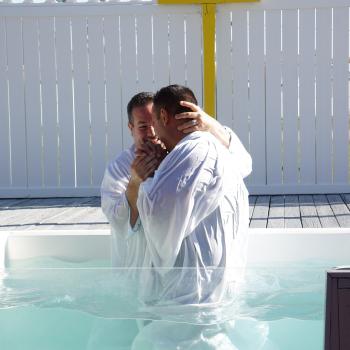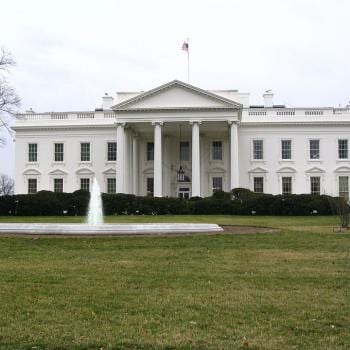Some things are clear. The number of abortions is related to the law, but it is also related to underlying socio-economic conditions – poverty, economic opportunity, social cohesion, the adequacy of healthcare. While abortion rates in the United States have been trending downwards since the 1970s, the steepest rate of decrease took place during the Clinton administration.
On the other hand, there is no doubt that legal restrictions on abortion will also reduce abortion rates.
With this in mind, I thought I would share the results of two interesting new studies.
The first shows that abortion rates in Massachusetts dropped by 17 percent after the introduction of Romney’s healthcare reform. Given that the Affordable Care Act is almost identical to the Romney plan, and has some explicit pro-life measures and protections that the Romney plan did not have, we might expect the same outcome at the national level in the years ahead.
The second study tries to estimate the impact on abortion rates from overturning Roe v. Wade. It finds that the most likely outcome is that 31 states ban abortion, and that the overall abortion rate falls by 15 percent. If only 17 states banned abortion, the rate would only fall by 6 percent. In the most optimistic scenario – all but four states banned abortion – the rate would still only fall by 29 percent. That’s basically the best we can hope for.
So if you focus solely on the simple reduction in abortion rates, it might well be the case that eliminating the healthcare scandal could have a bigger impact than overturning Roe v. Wade. And that’s before we even consider the other policies that would reduce poverty and socio-economic discrepancies.
I think the Declaration on Procured Abortion says it best:
“One can never approve of abortion; but it is above all necessary to combat its causes. This includes political action, which will be in particular the task of the law. But it is necessary at the same time to influence morality and to do everything possible to help families, mothers and children.”
For Catholics, this again points to the “both/and” nature of our public witness. Yes, we must seek to protect all life, including unborn life, through the force of law. The teaching on that is quite clear. But we are also called upon to build the kind of just society that does not push women and families into considering these awful choices. So by all means, fight for the repeal of Roe v. Wade. But do not put all of your eggs in one basket. And in particular, do not fight for the kinds of policies that would increase abortion – policies such as repealing the Affordable Care Act or the Ryan plan of gutting Medicaid (causing about 30 million people to lose coverage) and basic social safety nets.
At the end of the day, being “pro-life” should actually mean something. Clearly, you cannot really call yourself pro-life if you defend a legal “right” to abortion, no matter how good your policies are in other areas. But likewise, you cannot call yourself “pro-life” if your focus begins and ends with Roe v. Wade, and you actually support policies that make poverty or the health care crisis worse.















